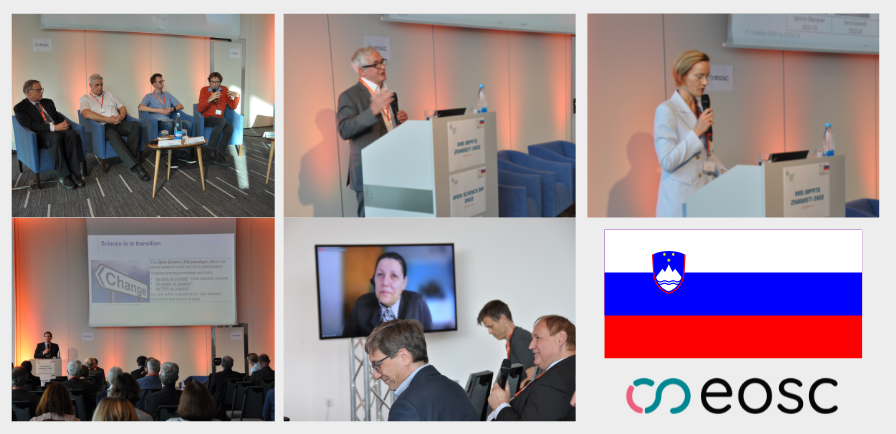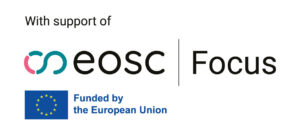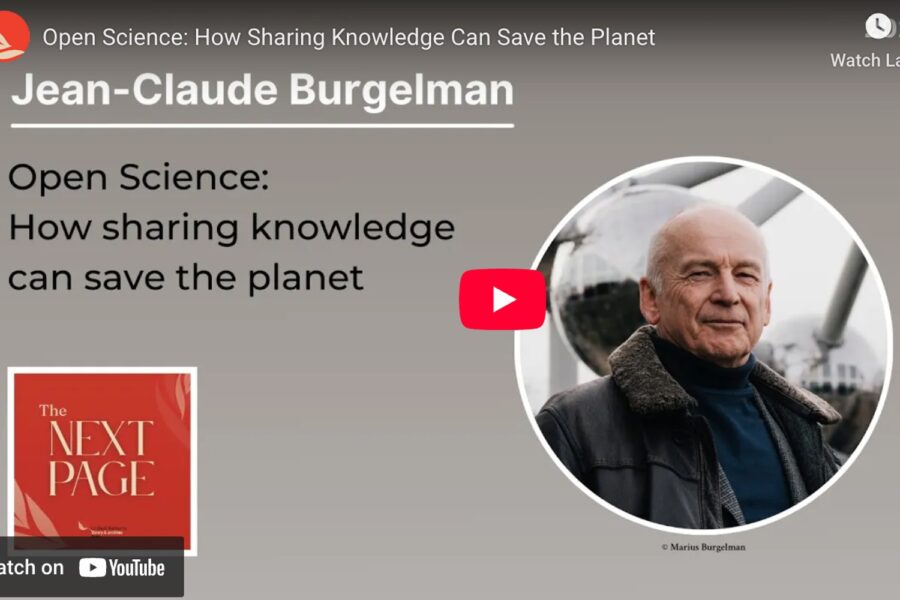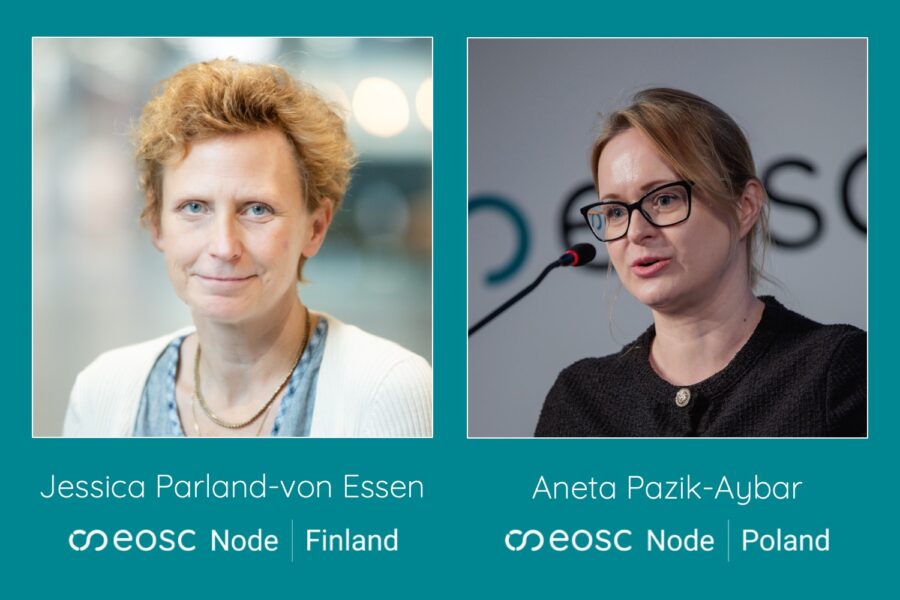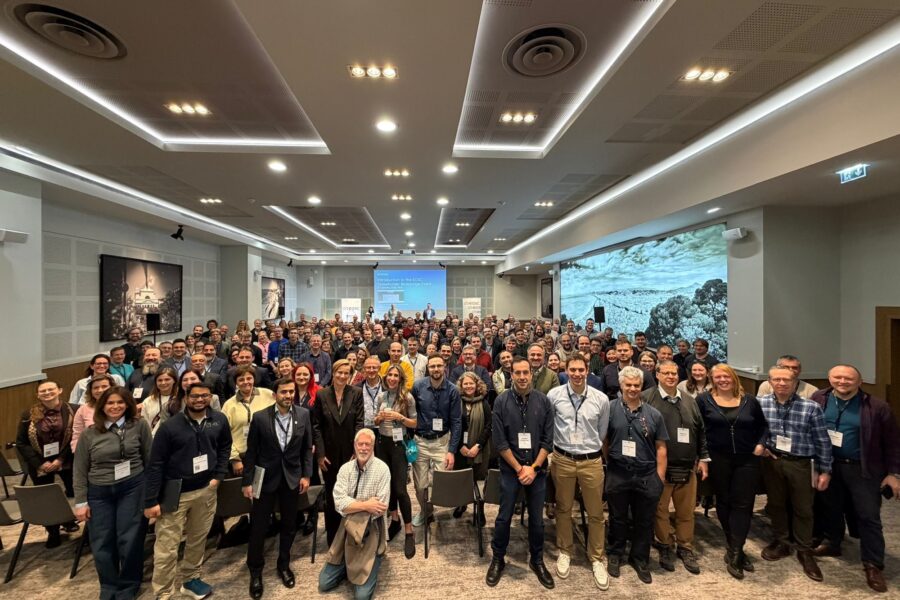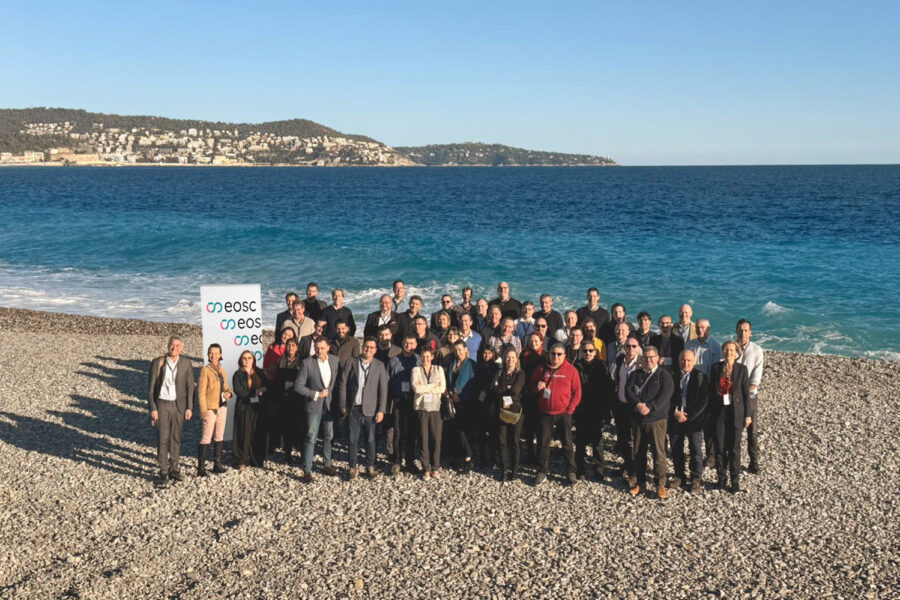11 October 2022
National Tripartite Events are essential to understand the current status and development of Open Science in EU member states and to identify problems in its implementation. Slovenia’s EOSC Tripartite Event took place in Ljubljana as part of the Open Science Day 2022, organised by the Ministry of Education, Sciece and Sport, Slovenian Open Science Community (SSOZ) and the Academic and Research Network of Slovenia (ARNES), which are the country’s national structure and EOSC Mandated Organisation, respectively. The event brought together representatives from funders, policymakers and research institutions, as well as other Slovenian stakeholders and the three organisations responsible for the governance of the EOSC Partnership: the European Commission, EOSC Association, and Steering Board that represents the EU Member States.
Matjaž Krajnc (State secretary at the Ministry of Education, Science and Sport) ) stressed in his introduction that Slovenia is a firm supporter of Open Science and EOSC and actively collaborates in implementation. He highlighted the importance of aligning Slovenia with the ongoing developments of Open Science at the European level. He was followed by Marko Bonač (Director of ARNES), who described ARNES’ role as an enabler of (open) science by providing high-speed connectivity and cloud services for the research community, which is to be complemented by building two repositories to help with storage of FAIR data.
The situation of Open Science and the role of EOSC in the European Research Area (ERA) was analysed in the first session by Michel Schouppe (European Commission), Ute Gunsenheimer and Karel Luyben (secretary general and president of the EOSC Association, respectively), and Gregor Majdič (Rector of the University of Ljubljana). Mr Schouppe indicated that while the overall goals of Open Science (to improve innovation and enable inter- and multidisciplinary science) are shared by the majority of players, its adoption is far from generalised, with several barriers (financial, legal, or related to the lack of recognition for early adopters) preventing a more widespread success. A first step to overcome this situation has been taken with the signature of 24 member states of ERA Action 1 to enable Open Science in the Union and develop EOSC. The establishment of the EOSC Partnership between the European Commission, EU Member States and EOSC Association is the other important measure that, crucially, includes the wider community through the Association.
Ms Gunsenheimer introduced the key role of the EOSC Association in delivering EOSC by coordinating the funding committed by the EC (500 million Euros until 2030) to establish a viable EOSC platform and a monitoring tool and to align policies and investments through the “EOSC tripartite catalogue”. The Member States will provide support through in-kind activities to match EC funding, which will be complemented by putting in place the means and measures on Open Science detailed in the ERA.
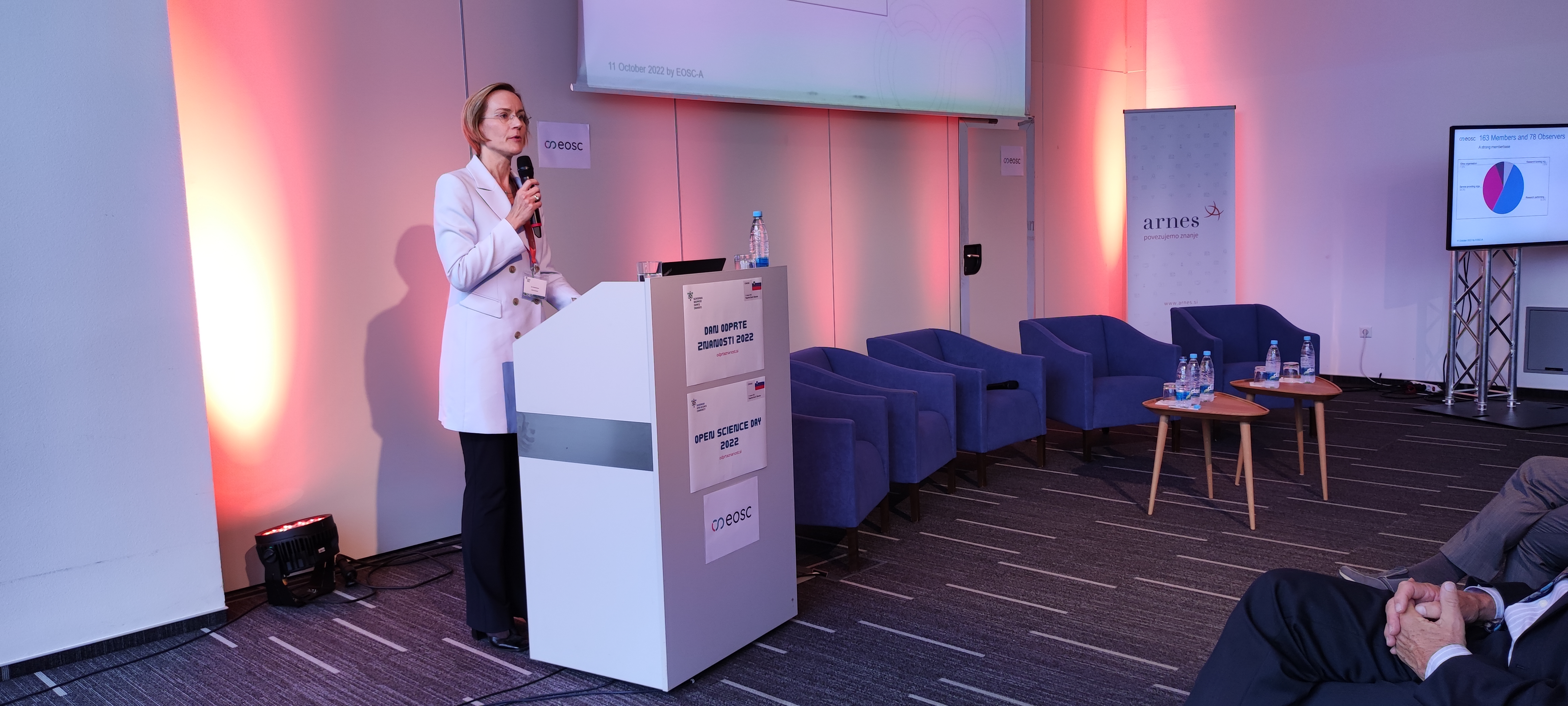
Mr Luyben presented the case of Open Science in the Netherlands and highlighted that Open Science does not cost more money than science done in the traditional way but requires a different division of the available resources. Mr Majdič provided then an overview of the principles and advantages of FAIR and open data for research assessment and pointed at the convenience of providing access to negative data as well (i.e. those that have led to unsuccessful or undesired results) as an important component of Open Science that is rarely granted.
The role of research and e-infrastructures for the national sovereignty of (FAIR) research data was the topic of the second session. Jana Kolar, chair of the European Strategic Forum of Research Infrastructures (ESFRI), spoke about the role of ESFRI in the implementation and coordination of research infrastructure policies across the EU and in the EOSC co-creation process and about the need for ESFRI to become more involved with EOSC at an operational level. Research infrastructures built in and for specific scientific communities are key providers of thematic quality data and services; by using EOSC horizontal data and services, research infrastructures are also essential for the uptake of EOSC uptake and its long-term sustainability: the more thematic infrastructures are federated in EOSC, and the more horizontal services they uptake, the better chances EOSC has to succeed. The new challenges for data-driven science in the current energy crisis caused by the growth of data demand new solutions, e.g. moving old data to tapes.
For Giorgio Rossi (representing EOSC Steering Board), EOSC can contribute to data sovereignty and ensure that all interested parties benefit from the implementation of the FAIR principles. Sarah Jones from GÉANT described how the EOSC Interoperability Framework takes care of this key feature by planning the adoption of common standards and interfaces to facilitate data exchange; here, the new project FAIRCORE4EOSC will be crucial in building a FAIR EOSC. To close the session, Tiziana Ferrari from EGI talked about how Open Science can be enabled in Europe with data and software, showing how open infrastructures can have a vital role in times of crisis with the example of researchers in Ukraine, who can have access to data storage even while their home universities are unable to provide these services.
The panel after the coffee break (moderated by Iryna Kuchma from the Electronic Information for Libraries, with Karel Luyben, Giorgio Rossi, Ilias Papastamatiou from NI4OS-Europe, Dean Korošak from the University of Maribor, and Tea Romih from the Central Technical Library at the University of Ljubljana) discussed the approaches to data literacy for Open Science in the European landscape. In general, it is perceived that this works well at the EU and national level, but there exists a gap between these, and the institutions are doing the groundwork. A cultural change among researchers is needed: they must be made aware of what FAIR is, and the institutions must help them in the “FAIRification” of the data they produce. Training the researchers on FAIR data is therefore an important step in data literacy in Open Science. Mr Papastamatiou highlighted the role of regional approaches in the upscaling of literacy through national Open Science initiatives, since they can enforce clear national commitments on training and skill-building. Institutions are essential to building capacity and skills, but the necessary awareness-raising, planning and implementation need cooperation from the EU. Here, a reform of research assessment is key, so that the adoption of FAIR principles is adequately recognised. Furthermore, EOSC will be far more likely to succeed if it can integrate existing ecosystems currently used by researchers.
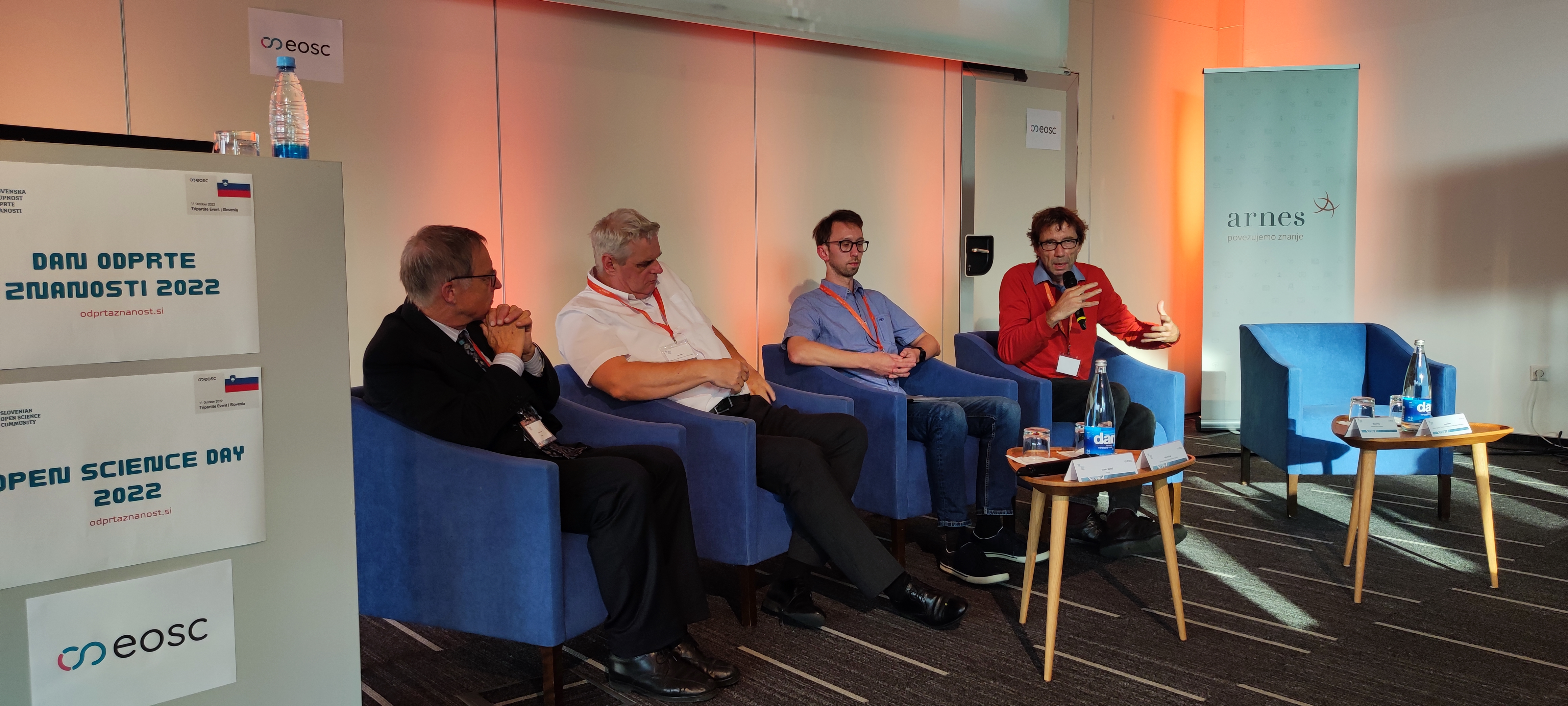
The panel recommended regional approaches that enable the exchange of similar experiences to help with the implementation of Open Science. National Structures, which usually have the closest connections to relevant stakeholders in a country, are instrumental in complementing the work of the EOSC mandated organisation. All countries would benefit from making students aware of FAIR data practices as a first step towards implementing Open Science in practice. For researchers, data literacy should be a basic requirement, but this needs to be enforced at the national level, by engaging researchers in the development of policies and highlighting the benefits of “going FAIR” so that it is perceived as a contribution instead of an obligation imposed from above. The establishment of data stewardship as an alternative career path for PhD or other early career researchers, with equivalent status to research, would contribute to developing the field further.

